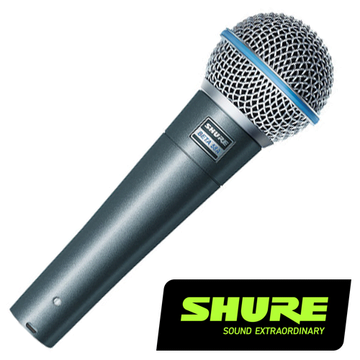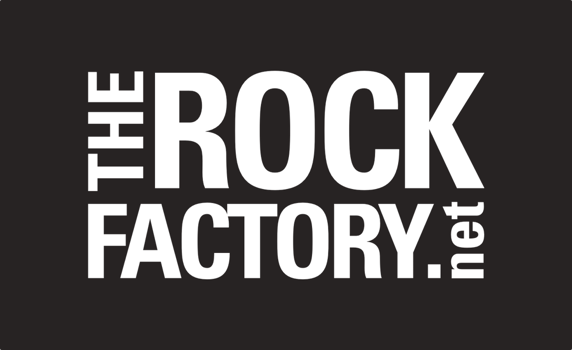The Best Microphone for Lead Vocals: A Sound Engineer’s Perspective
As a sound engineer, I’ve worked with countless vocalists and microphones, and the truth is, there’s no one-size-fits-all answer to the question of the “best” microphone. It truly depends on the individual vocalist and their technique.
My Go-To Microphones for Lead Vocals:
These microphones consistently deliver outstanding results for a wide range of vocalists:
- Shure Beta58a: This microphone is excellent for most lead vocalists with good mic technique. It offers a wonderful proximity effect, adding warmth and presence to the voice. It is really important to stay close to this microphone for the best vocal tone. I tell singers that it should be close enough to lick like an ice cream!
- Audio-Technica AE4100: This microphone shines when a Shure mic struggles to cut through the mix. It’s a fantastic option for vocalists who need extra clarity and definition.
- Sennheiser e935: This mic sounds gorgeous on some female vocalists, particularly those with a smooth, controlled vocal register.
Microphones I Use Less Often:
- Shure SM58: While an industry standard, I find it a bit too muddy for my taste. I might use it for vocalists who cup the mic excessively, as it’s more forgiving.
- Sennheiser e945 & Audio-Technica ae6100: These microphones are decent, but I rarely find a vocalist they perfectly suit.
Microphones That Shine in Specific Situations:
- Neumann KMS105: This microphone is stunning on quiet stages and works beautifully for acoustic performances. However, avoid it if your vocalist is sibilant or if there are loud drums onstage.
- Austrian Audio OM505: This mic is a hit-or-miss. It either sounds incredible on a vocalist or not at all. When it works, it offers a rich and full tone, and I love it.
- AKG D7: This vocal microphone gives me “ear fatigue”. I’m not sure what it is about it. It can definitely cut through the mix if you need something for that.
Microphones on My Wishlist:
- Audix OM7: I’ve heard great things about this mic and am eager to test it out in a proper comparison setting.
- DPA DeFacto Vocal Microphones: The cost has prevented me from trying these, but their reputation for exceptional sound quality intrigues me.
- Beyerdynamic MTG88: I’ve heard so much about these microphones, too. It seems to be a favourite among many sound engineers overseas.
- Telefunken M80 and M81: I don’t see these or the Beyerdynamics much in NZ. I’m keen to give them a try, too.
Ultimately, the best microphone for a lead vocalist depends on their unique voice, technique, and the specific requirements of the performance or recording. Experimentation is key, and finding the right mic is a crucial step in ensuring a captivating vocal performance.
Do you need help choosing the right microphone for your next event or recording session? Contact The Rock Factory in Auckland, and we’ll gladly assist you.

